Welcome to our comprehensive guide on Marketing Research Trends 2024, where we explore the latest and most impactful developments that are set to transform the landscape of business insights. In today’s rapidly evolving market, staying ahead of the curve is crucial for businesses to remain competitive and relevant. By harnessing the power of emerging trends in marketing research, companies can gain a deep understanding of their target audience, make informed decisions, and shape their strategies to meet the ever-changing demands of consumers. Join us as we delve into the top 15 marketing research trends 2024 that are poised to revolutionize the way businesses gather, analyze, and leverage data for strategic success.
Top 15 Marketing Research Trends 2024: Transforming Businesses with Cutting-Edge Insights
In today’s fast-paced and ever-changing business landscape, marketing research plays a crucial role in helping companies make informed decisions and develop effective marketing strategies. To stay ahead of the competition, businesses need to leverage the latest marketing research trends that align with consumer preferences and market dynamics. Let’s explore the top trends that are expected to shape the marketing research landscape in 2024.
Trend 1: Artificial Intelligence and Machine Learning in Market Research
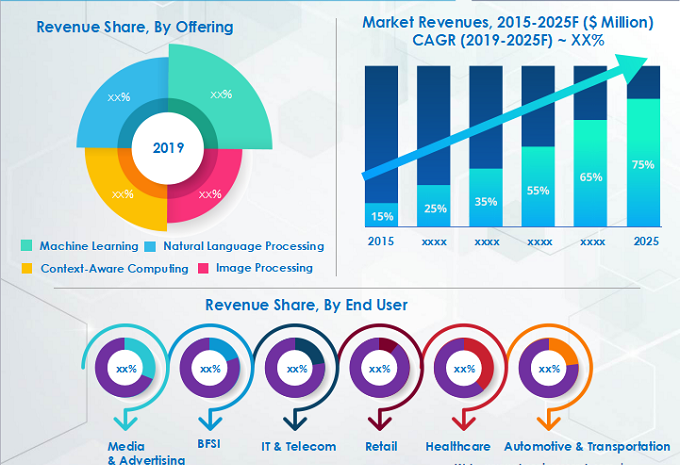
Artificial Intelligence (AI) and Machine Learning (ML) have been transformative technologies in various industries, and marketing research is no exception. AI-powered tools can analyze vast amounts of data and extract actionable insights quickly and efficiently. ML algorithms can uncover patterns and trends in consumer behavior, enabling businesses to target their marketing efforts more effectively.
Case Study: A leading retail company utilized AI and ML to analyze customer purchase data, resulting in a 25% increase in targeted marketing campaign effectiveness.
Influencer Insight: “AI and ML are not just buzzwords; they are game-changers in understanding consumer behavior and personalizing marketing efforts.” – @MarketingGuru
Trend 2: Big Data Analytics for Enhanced Consumer Insights
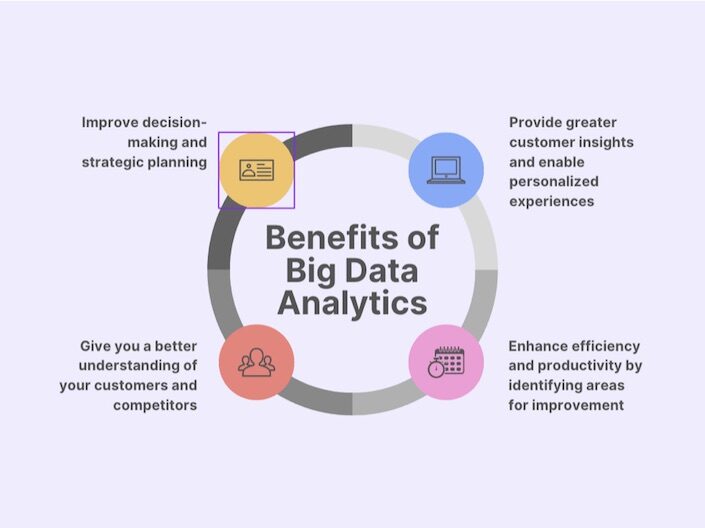
With the exponential growth of data, businesses have access to an unprecedented amount of information about their consumers. Big data analytics allows companies to gain deep insights into consumer preferences, behavior, and purchase patterns. By leveraging advanced analytics techniques, businesses can personalize their marketing campaigns and deliver more targeted messages to their audience.
Case Study: An e-commerce giant used big data analytics to segment its customer base and tailor its marketing efforts, leading to a 30% increase in customer retention rates.
Influencer Insight: “Big data is the new oil for marketers. It’s about harnessing its power to fuel personalized and effective marketing strategies.” – @DataDrivenMarketer
Trend 3: Voice Search and Virtual Assistants

The rise of voice searches and virtual assistants, such as Siri and Alexa, has changed the way consumers search for information and interact with brands. Marketers can leverage voice search data to understand consumer intent and optimize their content for voice queries. By incorporating voice search strategies into their market research, businesses can adapt to this emerging trend and connect with their target audience more effectively.
Trend 4: Social Listening and Sentiment Analysis

Social media platforms have become powerful channels for consumers to express their opinions and sentiments. Social listening tools enable businesses to monitor conversations and track brand mentions, allowing them to gauge public sentiment toward their products or services. By analyzing social media data, companies can identify emerging trends, assess brand perception, and make data-driven decisions.
Case Study: A beverage company used social listening to identify a growing preference for healthier drink options, leading to the successful launch of a new product line that captured 15% of the market share within six months.
Influencer Insight: “Listening to your customers on social media is like having a direct line to their thoughts and preferences. It’s invaluable for any brand.” – @SocialMediaExpert
Trend 5: Mobile Research and Location-Based Targeting

Mobile devices have become an integral part of consumers’ lives, providing businesses with a unique opportunity to gather real-time data. Mobile research methodologies, such as in-app surveys and mobile ethnography, allow researchers to capture insights on the go. Location-based targeting leverages GPS data to deliver personalized marketing messages based on consumers’ physical location, enabling businesses to provide relevant and timely offers.
Case Study: A fast-food chain implemented location-based targeting to send personalized offers to customers near their outlets, resulting in a 20% increase in foot traffic and sales.
Trend 6: Augmented Reality and Virtual Reality Research

Augmented Reality (AR) and Virtual Reality (VR) technologies have gained significant traction in recent years. These immersive experiences offer unique opportunities for market researchers to understand consumer behavior in simulated environments. By utilizing AR and VR research techniques, businesses can test product concepts, conduct virtual focus groups, and gather valuable insights before bringing their offerings to the market.
Trend 7: Blockchain Technology for Data Security and Transparency

Data security and privacy have become major concerns for consumers. Blockchain technology provides a decentralized and secure framework for storing and sharing data. By leveraging blockchain, market researchers can enhance data security, ensure respondent anonymity, and establish trust with their target audience. Blockchain also enables transparent transactions and data sharing between different stakeholders in the research process.
Case Study: A financial services firm adopted blockchain to ensure the security and integrity of its customer data during market research, boosting customer trust and participation rates.
Trend 8: Predictive Analytics and Forecasting Models

Predictive analytics uses historical data and statistical algorithms to forecast future trends and outcomes. By applying predictive analytics in marketing research, businesses can anticipate consumer behavior, identify potential market opportunities, and optimize their marketing strategies. Forecasting models enable businesses to make data-driven decisions, allocate resources effectively, and achieve a better return on investment.
Trend 9: Collaborative Research and Co-creation with Consumers

Collaboration between researchers and consumers has become increasingly important in marketing research. By involving consumers in the research process, businesses can gain deeper insights into their needs, preferences, and pain points. Co-creation allows companies to develop innovative solutions in collaboration with their target audience, fostering customer loyalty and generating new product ideas.
Case Study: A consumer electronics company involved customers in the design of a new product, resulting in a successful launch and high customer satisfaction scores.
Influencer Insight: “Co-creation is the future. When customers are part of the process, the products are more likely to meet their needs and exceed their expectations.” – @InnovationLeader
Trend 10: Personalization and Customization of Research Findings

Consumers expect personalized experiences across all touchpoints with a brand. Similarly, personalized research findings can provide more meaningful insights to businesses. By tailoring research reports and presentations to specific stakeholders, market researchers can enhance the relevance and impact of their findings. Customization of research findings ensures that decision-makers receive actionable insights that are aligned with their strategic objectives.
Trend 11: Ethical Considerations in Marketing Research

Ethics and responsible data handling are paramount in marketing research. As consumers become more aware of their data privacy rights, businesses must prioritize ethical research practices. Adhering to ethical guidelines ensures that market researchers collect data transparently and responsibly, maintaining consumer trust and credibility.
Case Study: A market research firm adopted strict ethical guidelines for data collection and reporting, resulting in a significant increase in participant trust and study completion rates.
Trend 12: Integrated Research Approaches
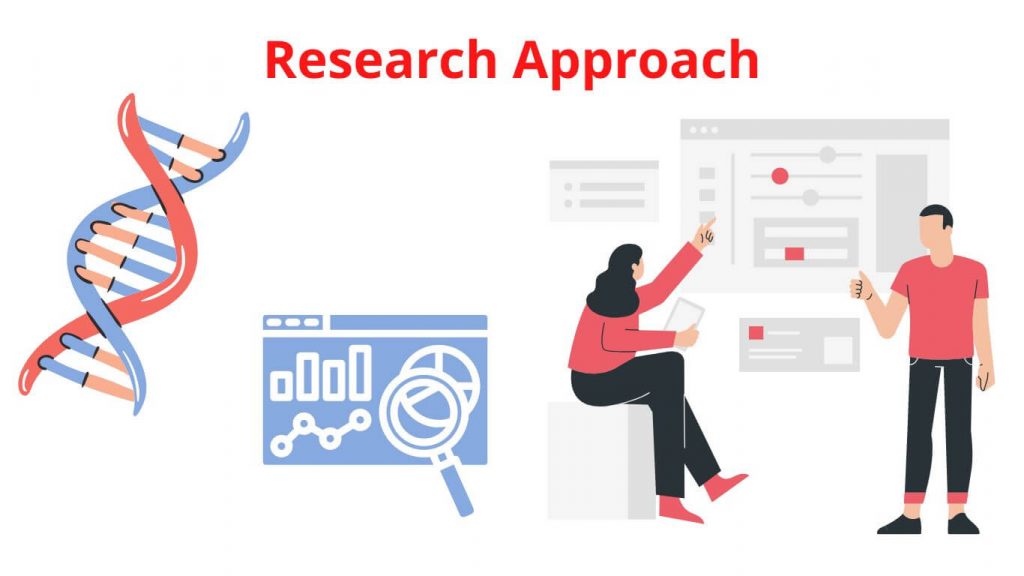
To gain comprehensive insights, businesses are increasingly adopting integrated research approaches. This involves combining different research methodologies, such as qualitative and quantitative research, to provide a holistic understanding of consumer behavior. Integrated research approaches help businesses uncover nuanced insights and make well-informed decisions based on a comprehensive view of their target market.
Influencer Insight: “Combining qualitative and quantitative research methods offers a more complete picture of consumer behavior and drives better business decisions.” – @ResearchPro
Trend 13: Emotion and Neuromarketing Research

Understanding consumer emotions and subconscious reactions is essential for effective marketing. Emotion and neuromarketing research techniques, such as facial expression analysis and neuroimaging, allow businesses to measure emotional responses to marketing stimuli. By incorporating emotion and neuromarketing research, companies can design more impactful marketing campaigns and enhance customer engagement.
Trend 14: Cross-Cultural Research and Global Market Expansion
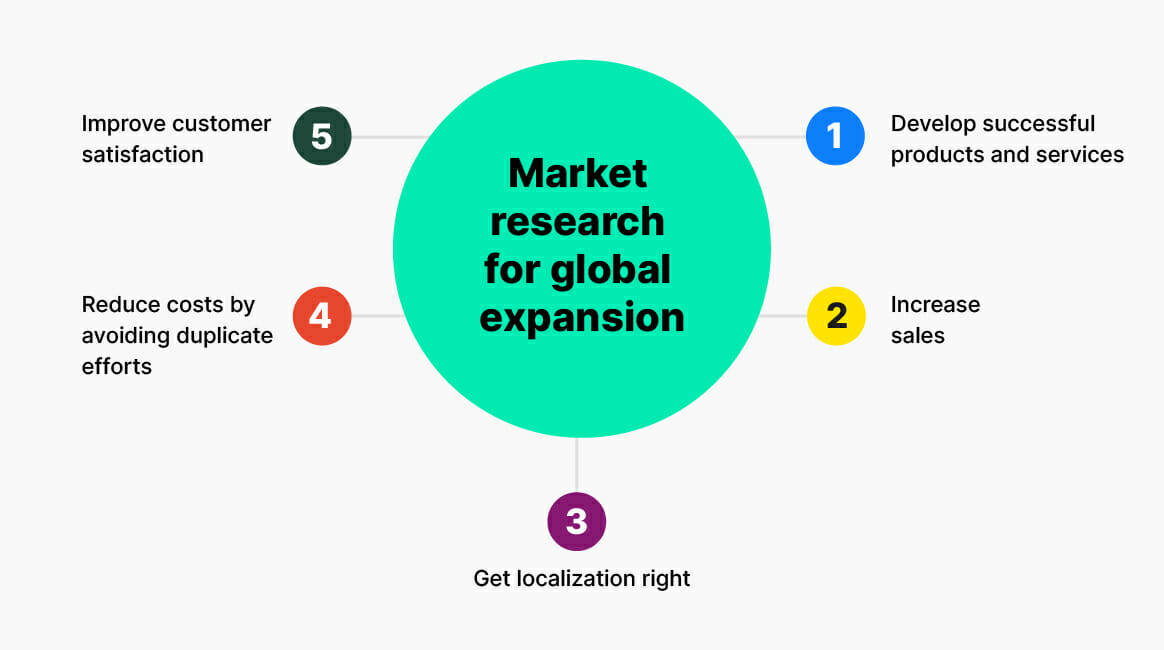
As businesses expand into new markets, cross-cultural research becomes vital to understanding cultural nuances and consumer behavior in different regions. Cross-cultural research enables companies to tailor their marketing strategies to specific cultural contexts, ensuring relevance and resonating with their target audience. By considering cultural differences, businesses can avoid costly mistakes and establish successful market entry strategies.
Trend 15: Agile Research Methodologies
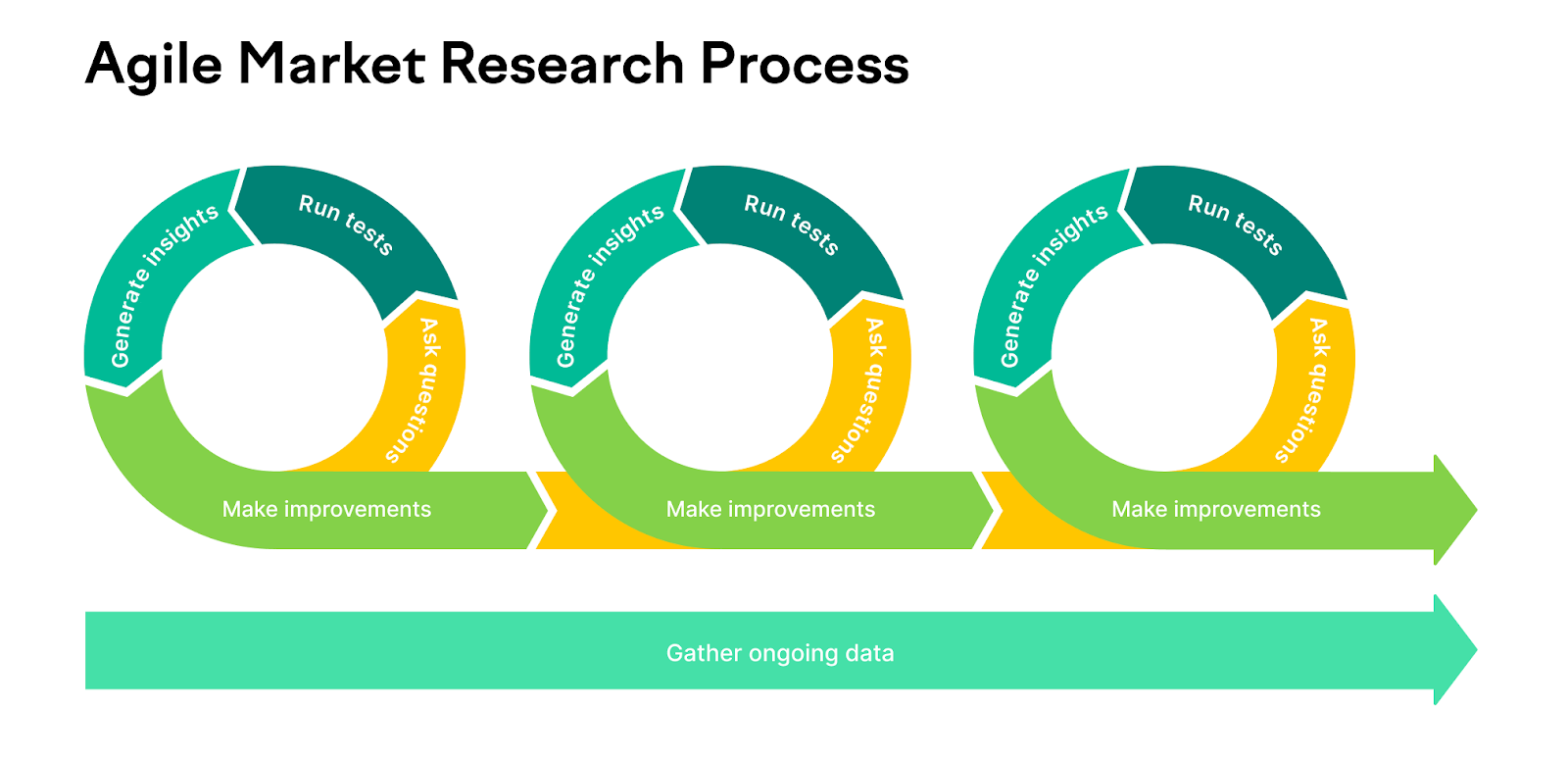
Agile research methodologies emphasize flexibility and adaptability in the research process. Agile researchers gather quick feedback and iterate their research approach based on real-time insights. By embracing agile methodologies, businesses can gather timely data, respond to market changes swiftly, and make agile decisions that align with evolving consumer needs and market dynamics.
Conclusion
Marketing research is undergoing a significant transformation with the advancements in technology and changing consumer behavior. To thrive in the competitive business landscape of 2024 and beyond, companies must embrace the emerging marketing research trends discussed in this article. By leveraging artificial intelligence, big data analytics, voice search, social listening, and other innovative techniques, businesses can gain valuable insights, develop targeted marketing strategies, and stay ahead of the competition.
To experience the power of cutting-edge marketing research technologies, request a demo from AIM Technologies today. Our expert team will guide you through the capabilities of our advanced research tools and help you unlock valuable consumer insights for your business’s success.
FAQs
1. How can artificial intelligence benefit marketing research?
- Artificial intelligence can analyze large volumes of data, extract actionable insights in consumer behavior, enabling businesses to make data-driven marketing decisions.
2. What is the importance of social listening in marketing research?
- Social listening allows businesses to monitor conversations, track brand mentions, providing valuable insights for brand management and decision-making.
3. How does location-based targeting enhance marketing research?
- Location-based targeting utilizes GPS data to deliver personalized marketing messages based on consumers’ physical location, enabling businesses to provide relevant offers and improve campaign effectiveness.
4. Why is blockchain technology relevant in marketing research?
- Blockchain technology enhances data security, ensures respondent anonymity, and enables transparent transactions and data sharing, fostering trust and integrity in marketing research.
5. How can integrated research approaches benefit businesses?
- Integrated research approaches, combining qualitative and quantitative research, provide a comprehensive understanding of consumer behavior, leading to more informed decision-making.




